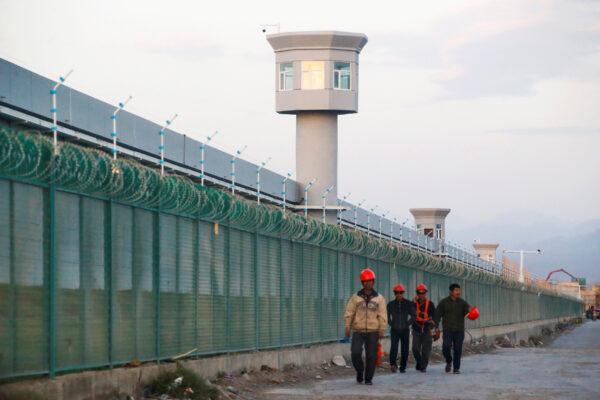WASHINGTON—The U.S. State Department warned top American companies including Walmart, Apple, and Amazon.com over risks faced from maintaining supply chains associated with human rights abuses in China’s western Xinjiang region, according to a letter seen by Reuters on June 26.
“It is critical that U.S. companies and individuals be aware of the large-scale human rights abuses perpetrated by the PRC government in Xinjiang,” Keith Krach, Undersecretary of State for economic growth, energy, and the environment wrote on July 1.
“Businesses should evaluate their exposure to the risks that result from partnering with, investing in, and otherwise providing support to companies that operate in or are linked to Xinjiang,” he said in the letter also sent to trade groups.
The United States is seeking to ratchet up pressure on China at a time of heightened tensions over that country’s treatment of Muslim Uyghurs in Xinjiang and Beijing’s new national security law for Hong Kong.

It also follows a Wednesday advisory by the U.S. government that said companies doing business in Xinjiang or with entities using Xinjiang labor could be exposed to “reputational, economic, and legal risks.”
In a call with reporters, Krach said the complex nature of supply chains was making companies vulnerable to potential risks and urged them to be more vigilant. “It’s incumbent on the board of directors for each company to conduct a detailed analysis of their supply chains to reveal who their company is buying from and who it is selling to,” he said.
He did not give a specific number on how many U.S. companies might have been entangled in such supply chains.
The United Nations estimates that more than a million Muslims have been detained in camps there.





